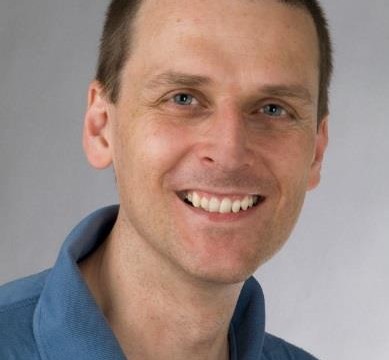Vulnerable developmental periods in Kv7/M and HCN/h channelopathies in mice
The developing nervous system is especially vulnerable during critical developmental time
windows, when insults may be more likely to produce long-term consequences, including
neurological diseases, such as epilepsy. During the last years, we have investigated the
developmental effects of channelopathies in mice using a transgenic strategy designed to
reversibly inactivate Kv7/M- or HCN/h-channel-mediated currents at different developmental
stages. Kv7 and HCN subunits are linked to neonatal epileptic encephalopathy in humans, and
we have used dominant-negative (DN) subunits to induce functional knockouts that are
independent of the expressed endogenous subunits. Depending on the developmental period
of M- or h-current suppression, we observed distinct phenotypes. Mice with dominantnegative
Kv7 subunits expressed in early postnatal development were hyperactive, prone to
seizures, exhibited abnormal hippocampal morphology and neuroinflammation, and increased
network and unit activities. The development of this phenotype was prevented by temporarily
blocking transgene expression, or by prophylactically treating the animals with bumetanide.
Both approaches were restricted to the first two postnatal weeks.
Transgenic suppression of HCN/h-currents induced development-specific distinct
phenotypes. Early prenatal ablation of HCN/h currents in mouse forebrain resulted in a severe
microcephaly phenotype. In contrast, early postnatal suppression of HCN-channel activity did
not affect the brain structure, but resulted in behavioral abnormalities. HCN-DN mice
displayed delayed somatosensory development, cognitive deficits in working memory and
spatial learning and memory, hyperactivity, and altered neonatal network activity.
These results collectively suggest that, in Kv7 or HCN channelopathies, interventions timed to
specific vulnerable windows of brain development may be able to prevent or arrest disease
progression.
University of Cologne, Germany
German Center for Neurodegenerative Diseases (DZNE), Bonn,Germany
Invité par Dr. Yehezkel Ben-Ari
Salle de conférence INMED : 17 octobre à 11h

